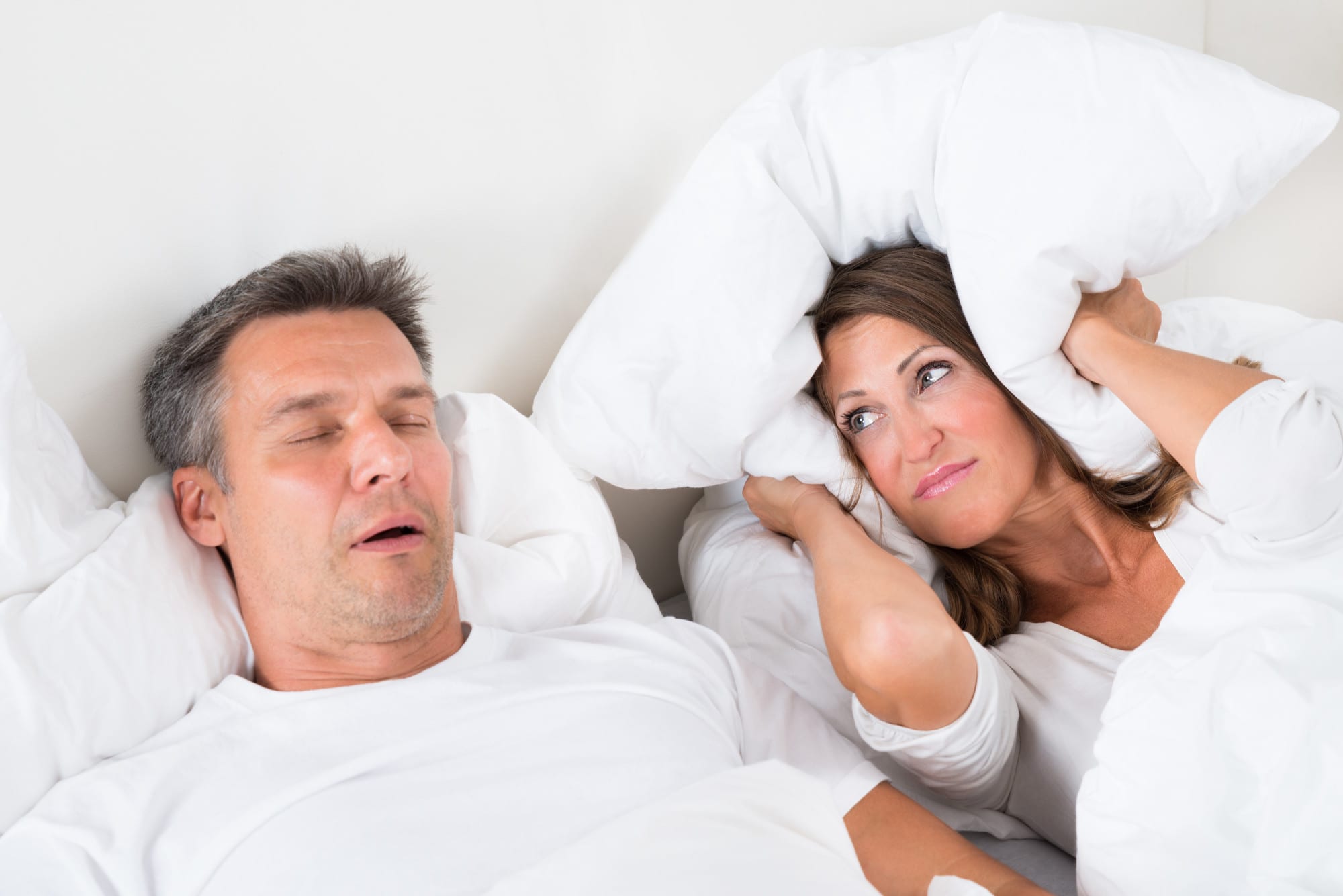
Imagine waking up in the night unable to breathe.
Not being able to breathe is not only scary, but it’s also terrible for your health. After all, being able to breathe right is one of the most essential body function.
Breathing allows us to take in oxygen, which goes throughout our bodies to our organs in our blood by hardworking veins and arteries.
As you can imagine, not getting enough oxygen can have serious effects on our health and well being. If you are having trouble breathing at night, you might be wondering what could be causing your symptoms.
Sleep apnea and nocturnal asthma both cause difficulty breathing during sleep. Keep reading for more information on the difference between the two to help you diagnose your problem and breathe right again.
Nocturnal Asthma
Let’s start by taking a look at asthma in general.
Asthma is a disease of your lungs and airways. It’s a chronic disease.
When you have asthma, your airways constrict and get inflamed, making it difficult to breathe. Symptoms during the day include coughing, shortness of breath, wheezing, a tight feeling in the chest, and anxiety from not being able to breathe.
Asthma is more common in children than in adults. More than 26 million Americans have the disease.
Nocturnal asthma is asthma that occurs at night and is a worsening of the condition.
Nocturnal asthma symptoms are like daytime asthma symptoms and include coughing, wheezing, and being unable to breathe. This is not only scary but also prevents the affected person from sleeping peacefully.
Not all people who suffer from asthma will also experience nighttime asthma.
Usually only those with severe disease experience nocturnal asthma. They also tend to find the nighttime symptoms the worst part of the disease.
Sleep Apnea
Sleep apnea is a very different disorder than nocturnal asthma.
With sleep apnea, the affected person stops breathing repeatedly throughout the night. When this happens, oxygen levels drop.
Those who have sleep apnea often snore and gasp for air when they stop breathing. If you don’t suffer from daytime asthma and feel tired even after sleeping through the night, you could have sleep apnea.
The most common type of sleep apnea is obstructive sleep apnea (OSA).
This occurs when the throat muscles relax when sleeping. It’s normal for all muscles in the body, including the throat muscles to relax as this is how they heal.
However, for some people, the throat muscles relax too much and block the person’s airway. This results in repeated periods in which sufficient oxygen is not received.
The severity of sleep apnea is determined by the number of these episodes to occur each night. Undergoing a sleep study is the best way to diagnose sleep apnea.
Helping You Breathe Right
It’s important to breathe right, especially while you are sleeping.
If you think you might have nocturnal asthma or sleep apnea, talk to your doctor today. He or she will order the tests needed to determine your diagnosis.
For more tips on sleeping well, check out this post.
